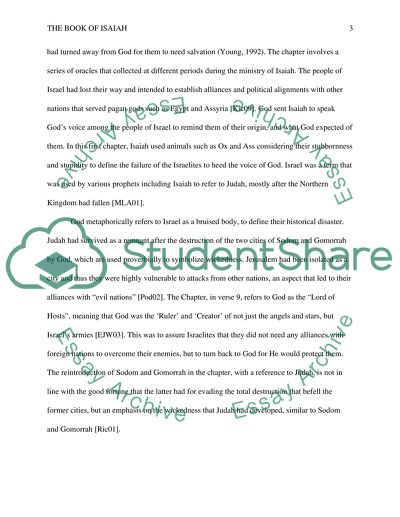Cite this document
(“Isaiah verse 1.1-2.1 Essay Example | Topics and Well Written Essays - 1500 words”, n.d.)
Isaiah verse 1.1-2.1 Essay Example | Topics and Well Written Essays - 1500 words. Retrieved from https://studentshare.org/religion-and-theology/1697336-isaiah-verse-11-21
Isaiah verse 1.1-2.1 Essay Example | Topics and Well Written Essays - 1500 words. Retrieved from https://studentshare.org/religion-and-theology/1697336-isaiah-verse-11-21
(Isaiah Verse 1.1-2.1 Essay Example | Topics and Well Written Essays - 1500 Words)
Isaiah Verse 1.1-2.1 Essay Example | Topics and Well Written Essays - 1500 Words. https://studentshare.org/religion-and-theology/1697336-isaiah-verse-11-21.
Isaiah Verse 1.1-2.1 Essay Example | Topics and Well Written Essays - 1500 Words. https://studentshare.org/religion-and-theology/1697336-isaiah-verse-11-21.
“Isaiah Verse 1.1-2.1 Essay Example | Topics and Well Written Essays - 1500 Words”, n.d. https://studentshare.org/religion-and-theology/1697336-isaiah-verse-11-21.


